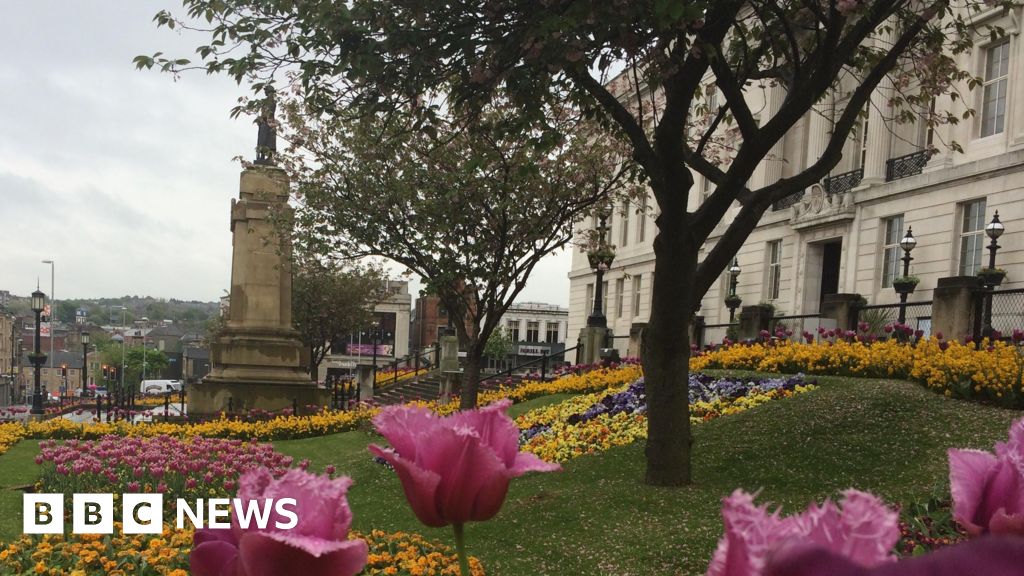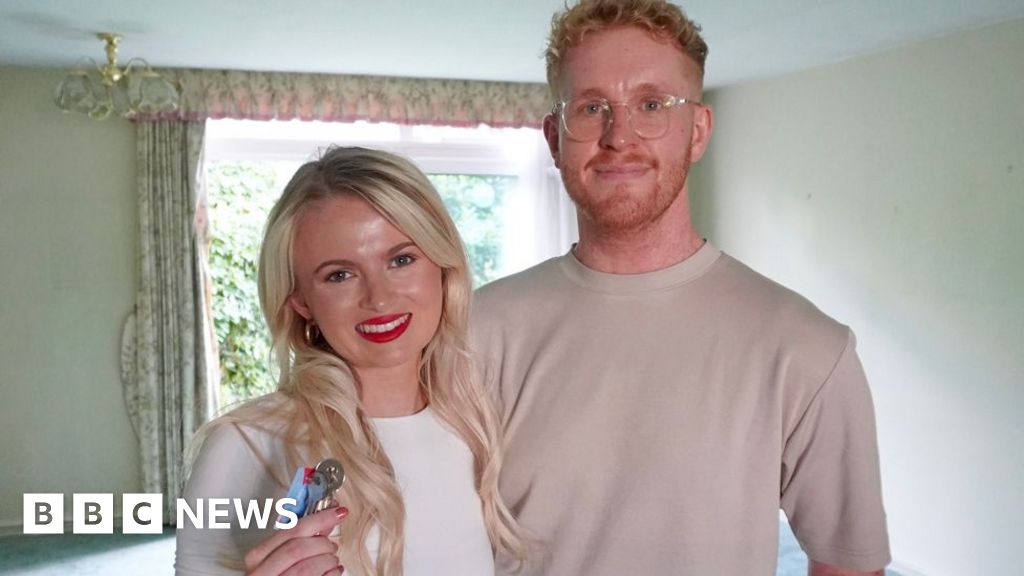ARTICLE AD BOX
Image source, Alex Clarke
Image caption,Alex Clarke found a flight from South Africa - but says UK quarantine hotels are full
Travellers and airlines are scrambling to rearrange plans as the latest Covid restrictions cause travel turmoil for people trying to return to the UK.
Passengers criticised airlines and government for a lack of information on returning from "red list" countries.
One told the BBC he had found a return flight from South Africa but now cannot get a quarantine hotel in the UK.
Alex Clarke, from near Reading, said a lack of hotel space meant he might have to re-arrange his return again.
"I should have landed back in the UK this morning," he told the BBC. "My flight was cancelled but I managed to book another for Friday. Now that's been cancelled.
"Found return flights via Dubai and Amsterdam, but they have now been closed off. I now have a return booked for Thursday, but the website that books quarantine hotels says everything is booked."
Mr Clarke, who has been staying with friends while his wife and two young children stayed at home in the UK, estimates he faces extra costs of about £4,000.
Red list rules
There are fears that the new Covid variant - Omicron - could be more infectious and less responsive to vaccines. As a result, Covid rules are being strengthened once more.
Under the new measures, from 04:00 GMT on Tuesday, anyone entering the UK will require a PCR test within 48 hours of arrival and will need to self-isolate until they have a negative result.
In addition, 10 southern African countries have been added to the UK's travel red list. The only people allowed to enter the UK from these countries are UK or Irish nations, or UK residents.
They will have to pay for and self-isolate in a pre-booked government-approved hotel for 10 days.
Meanwhile, Virgin Atlantic has said it will operate its first flight from Johannesburg to London on Wednesday. The airline has not flown from South Africa since last Friday morning.
All passengers will arrive into Heathrow Terminal 4, which is being reinstated as an arrival facility for red list countries and passengers. They will then go to a managed hotel quarantine facility, as per the new guidance.
A Heathrow spokesperson said: "We are reopening Terminal 4 as a dedicated arrivals facility for red list countries on Wednesday 1 December. In the meantime, there will be no direct flights arriving from affected areas."
Former British Airways boss Willie Walsh accused the government of a "knee jerk" response to the latest Covid travel crackdown.
Mr Walsh, now head of the IATA airline trade body, told the BBC that the latest developments exposed the lack of a sensible testing regime and risk-based approach.
Tim Alderslade, the chief executive of Airlines UK, which represents UK-based carriers, also said the government could do more.
"The situation is developing rapidly, and hopefully as more data emerges emergency border restrictions can be reversed quickly - and applied only where they will make a material difference," he said.
"In the meantime, we urge ministers to make mandatory PCR tests free of charge for impacted passengers, many of whom are now in the invidious position of having less than 48 hours to arrange extra testing whilst overseas.
"Many will struggle to do so which is why support from government - at no excessive cost to the Exchequer - would be an appropriate gesture."
Transport Secretary Grant Shapps said the government was taking necessary measure to protect public health.
He tweeted: "All fully vaccinated arrivals to the UK are required to self-isolate when they arrive, take a PCR test on or before day 2, and continue to self-isolate until they receive a negative result.
"For those who test positive, they must isolate for 10 days. There will be no change for unvaccinated travellers. People will also now be required to wear a face covering on public transport and in some other indoor settings."
He said these were "targeted measures to provide confidence and protection", and they would be reviewed in three weeks "to ensure they are working effectively."

 3 years ago
63
3 years ago
63








 English (US) ·
English (US) ·